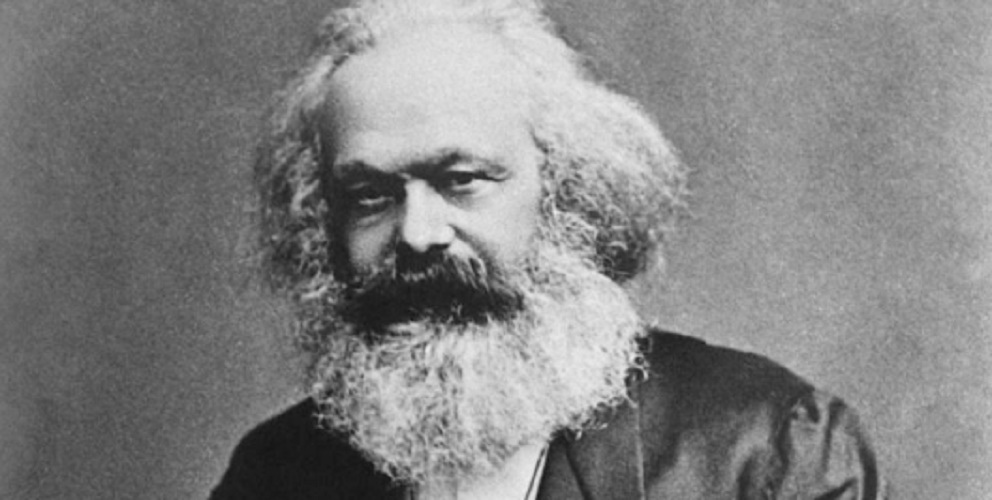What is capitalism?
We explain what capitalism is and how this economic system emerges. Differences with socialism and stages according to Marx.
-
What is capitalism?
Capitalism is an economic system, where capital prevails over labor and is the basis of wealth . Within this regime, private property and free trade are two basic bases. The word ” kapitalism ” began to be used in the 19th century by Marx.
Capitalism is an order or social system that arises with the usufruct of private property over capital as a production tool. It is a productive structure from which a whole social order , interpersonal relationships, ideology, decision making , ways of acting and subjective thinking derive.
The sociologist Manuel Castells defines capitalism not only as a productive mode but also as a mode of action and interpretation of life.
-
The three actors of capitalism

Within this system, those who participate in the market are driven by their own interests. Three actors can be distinguished within the market.
- Capitalists On the one hand the capitalists, that is, those who own the means of production , who seek to maximize their profits from the increase in production.
- Workers. On the other hand, there are the proletariat, that is to say the workers , who are those who work the means of production and receive a salary in exchange, that is, they sell their labor power .
- Consumers. The third actor that can be mentioned is the consumer , who acquires the goods and services, based on the cost / benefit ratio, also seeking to minimize their expenses and obtain greater benefits.
After the fall of the feudal economic system in Europe, the capitalist system emerges. Two historical landmarks that helped to consolidate the system as such should be highlighted, on the one hand from the ideological point of view of the French Revolution , and from the economic point of view of the Industrial Revolution .
3.Capitalism according to Marx

Karl Marx is considered the thinker who best explained capitalism. Marx defines the so-called original accumulation as the basis of capitalism. For this, the expropriation of the land workers and the artisans had been necessary and in turn the exploitation of the colonies.
In addition, Marx defines three stages of the capitalist regime:
- Cooperation. The first is called “Cooperation.” Within this stage the work is called “social”, where the workers perform the same activity in the process of producing the goods. The number of workers working within this process will depend on the capital available to the capitalist.
- Manufacture. He calls the second stage “Manufacturing.” This period begins in the middle of the 16th century, until the end of the 18th century. It is considered that this stage is based on cooperation but from the division of labor. During this production process the workers work within the same workshop but in different activities. It is called the manufacturing stage because the tools are not yet moved by the large machines, but by man, more precisely by the worker. It is at this time when the merchandise begins to be considered as a “social product”, this means that no worker fully realizes the goods, they only know some parts of the production process.
- Great Industry The third period defined by Marx is the “Great Industry”. This process begins at the end of the 18th century. It is at this time when the tools stop being manually moved by man to give rise to large machinery. The workers begin to specialize more and more and their job is to control the work instrument, that is, the machinery.
Capitalism is a system that has been highly criticized , one of the great opponents being Karl Marx himself, denouncing the exploitation of man by man , as if it were a mere commodity. He even found certain contradictions within the system, and that is why he professes the extinction of the capitalist regime to achieve what he calls the socialist or communist system.





